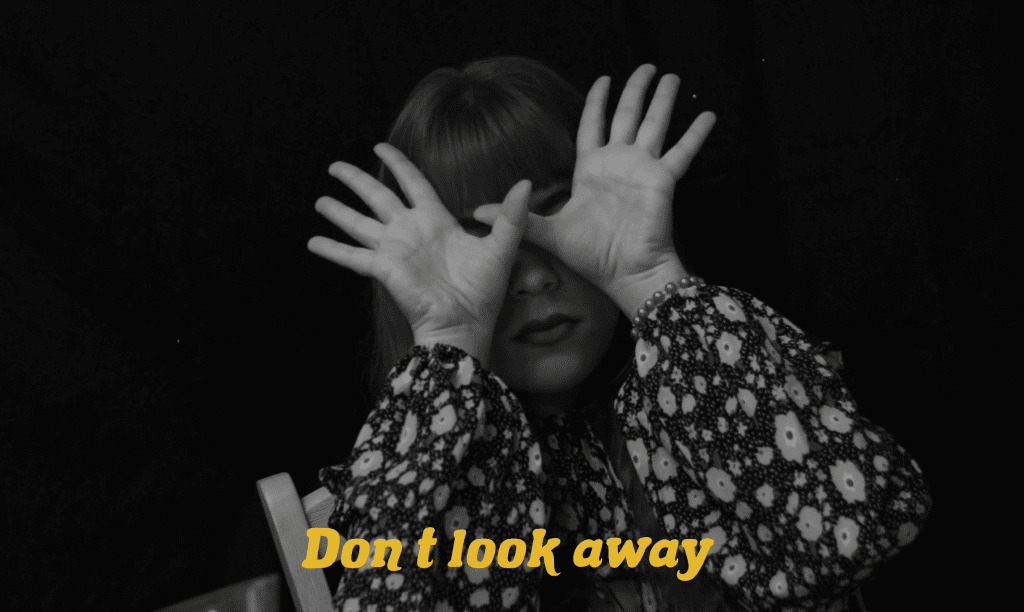
It is difficult to absorb the information that someone you love has been a victim of predatory behaviour – many likely feel helpless and enraged when absorbing this information, feeling lost in having not been there to protect their friend or family member when they were harmed. What must one feel, then, if a person they love, and seemingly know well, is accused of predatory behaviour, and of causing the same pain they may have seen in victims time and time again? Before anything else, one must make sure that they take care of themselves, and allow themselves the space to process this information – it can be shocking to discover that you may not know a person you love as well as you thought you did, and that is okay.
And then what? How do we act in this unthinkable situation, and what could we possibly do to help? Let’s go through some of the steps that you can take in order to do what is best for everyone’s interests.
Firstly, it is important to take the survivor for their word, and believe them above all else. Your natural instinct for loyalties may lie with the perpetrator because they are your friend or your family member, but these loyalties must be pushed aside in order to clear space for the victim to communicate what they have experienced. It is also important for you to tell the victim that you believe them, especially if they open up to you about what has happened, and that you are present and willing to listen to them, regardless of your personal connection to the accused.
Do not, ever, victim blame. Since you know the person who is being accused, you may feel the urge to ask more questions than you would otherwise, and such questions almost always move into the territory of victim blaming. When a victim comes forward, the last thing anyone should be doing is asking them what they were wearing, whether they were drunk or not, if they flirted, or any other question of the sort. The immediate reaction to a survivor coming forward should never be an attempt at finding an excuse for the pain that the aggressor caused – the only one to blame for predatory behaviour is the one who acted like a predator.
Never demand proof. Doing so immediately communicates doubt to a survivor, and insinuates that you will only believe them once they prove that they are in some specific pain. Even if you ask kindly, the hint of doubt still exists. A victim of predatory behaviour does not owe anybody, least of all someone they opened up to, proof that they have been hurt. Steer clear of asking the victim to elaborate on exactly what happened to them, and try to only accept and consume what they are comfortable giving you at the time. If they happen to wish to elaborate or give you precise details, if they wish to go through this traumatic event with you, then listen and be there for them, but do not ask for anything more than they willingly give. The likelihood is that they are suffering even more than they seem to be, in having to relive this experience, so do not push them.
Having been told what happened, and therefore being equipped with the knowledge of what your friend or family member is accused of having done, it is important that you hold your friend accountable. Confronting a loved one about something like this is no easy feat, and you are under no obligation to take it upon yourself to deal with this situation alone, but ensuring that they are aware of what you think can be vital in a situation like this – and at the least it should not be ignored. If you act as if nothing happened after finding something like this out, it communicates to the person you know that their behaviour was not that serious, and can be brushed aside or moved on from. If you have the mental capacity to do so, and are able to be safe, make your thoughts clear, and confront them about what they have done and why it is not acceptable. Not only is this the best thing for you and the victim, but it is also the best thing to do for your loved one. In coming to terms with what they have done, no matter what that is, it may just prevent them from doing it again – or at the least allow them to seek change in themselves.
Having done this, considering you felt safe doing so, it is important to consider your relationship with the person who acted in a predatory way. This is not to say that you have to cut off people immediately, but it is important to reflect on what your relationship looks like, and what the future of it does too. Is this person a healthy addition to your life? Is it enough if they hold themselves accountable and truly change? If they do, and if they make amends, and if they truly look towards the future, it is one thing – but what if they refuse to acknowledge that what they did was in any way wrong? What if they themselves blame the victim as opposed to themselves? These are questions that are important to reflect on in order to ensure that you are not enabling someone for the sake of a relationship that you once saw as special and meaningful. People change, for better or worse, and considering who you spend time with is an important step in processing this heavy information.
All this having been said, it is vital that you take care of yourself. Finding out someone you love is capable of causing harm to another person can be traumatising in and of itself, as can absorbing the pain of a victim. The emotions you feel are all valid, be it anger or sadness or shock or fear, these are all feelings that have to be felt in order to move through to the next stage and ensure your own safety. Try your hardest not to blame yourself, just as it is not the victim’s fault that this person hurt them, it is not your fault that they did either. Knowing and loving a person does not mean that you are able to predict whether or not they are going to hurt someone else. Take care of your mind and your heart and make decisions that are best for you at this time – and if your mind allows it, offer comfort to the victim too.
No matter what predatory behaviour occurred, this is a difficult situation to be in, and it is not something that any person wishes to think about or imagine their friends and family capable of, but it is important to consider one’s actions if it ever does happen. And if it has happened, and you are unsure of how you acted, or if it was the best you could have done, forgive yourself – this is not an easy thing to process. Look to the future, offer comfort to all victims, believe all victims, and hopefully one day the amount of victims we hear about will only become less and less – until we do not have to hear of such pain being experienced ever again.
#għajjejtuxbajt
Do you have an experience you’d like to share with us at wham either in your name or anonymously? Contact us or send us an email at [email protected]

Għajjejt u Xbajt is a feminist platform by and for feminists, and those with questions for them. It is a non-judgemental space for all who strive for the same aim: equality and progress. They don’t claim to have all the answers, but are very dedicated to posing the questions. #għajjejtuxbajt





